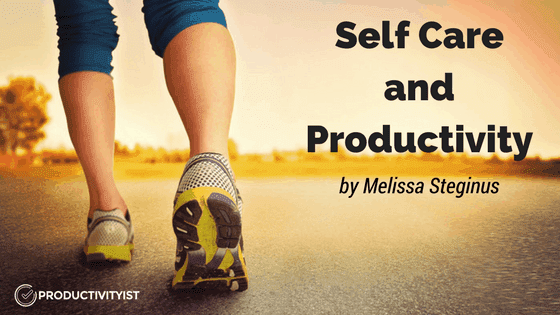
You know you’re a go-getter.
Whether you’re raising a family, running a business, traveling the world, or stepping into a new chapter in your life, you have a full schedule.
But where exactly does time for you fall into the mix? Yes, you’re the one doing these things – running around tackling your to-do list and conquering the world. But what’s keeping you going?
What’s Fueling You
Every go-getter needs fuel. That’s where self-care comes into play. Self-care helps you stay centered and grounded in who you are and what you want. (Or, when you don’t feel centered and grounded, self-care gives you awareness of that and redirects you to where you want to be.)
Self-care is self-investment, provided by you and for you.
And without it, things can get ugly.
Consequences of Self-neglect
Consider what happens during a game of tug-o-war. The rope that is under tension as it is being pulled in two different directions. If one side loses their grounding, the rope is thrown off-center and the other side wins.
Just like that rope, you too begin to experience wear when you experience stress, tension, or conflict. Through self-care, you can cope with this stress by lessening it (or properly managing it). This brings you back to equilibrium and prevents your rope from unraveling.
When You’re Just “Done”
Now think of what a rope might look like after a few rounds of tug-o-war. Without a healthy way to cope with stress, your rope can easily fray or unravel altogether.
This imagery represents burnout: a physical or mental collapse caused by overwork or stress. When things get to this point, the focus is no longer on grounding yourself but on reconnecting your rope.
You might try any (or all) of the following to rebuild connection: reaching out to trusted supports (i.e. friends, family, counseling professionals), writing and journaling, practicing healthy habits and hobbies, yoga or guided meditation, going for long walks, and asking for and accepting help.
How do you re-center yourself when you feel pushed, pulled, or frayed?
When You Feel Stuck
Perhaps a less known function for self-care is its role in providing personal clarity. Tug-o-war aside, ask yourself how you determine what you want in life in relation to work, relationships, or otherwise.
If you’re anything like me, this process involves asking yourself a world of questions. Without tuning into yourself, what would this process look like? How would you decide which path to take?
If you feel disconnected from yourself, you’re more inclined to look outward, asking questions like…
What are others doing?
What should I do?
This is a bitter recipe for loss of self-identity. What you see on your path or at your fork in the road will be different from what someone else sees simply because your journey and personal ideals are different from theirs.
As a child, you learned through observation and imitation. As an adult, however, over-observing can lead to trouble. When you feel conflicted or out of touch with yourself, you naturally seek answers externally–perhaps instinctively returning to childhood observational learning.
I refer to external over-observation as the “Disastrous Should Mentality,” and this approach breeds unhealthy comparison, insecurity, and distraction (none of which are friends of productivity).
“Comparison is the thief of joy.” – Theodore Roosevelt
The Disastrous Should Mentality deepens self-disconnect, heightens stress, and further frays your rope. When you fall into this mentality, self-care draws the focus back to your ideas, ideals, and process.
Productivity is about building effective systems to move you forward, and self-care is one of those systems. Practicing self-care builds awareness and self-connection so you’re moving in your right direction. Second, regular practice fuels you to keep moving in that direction by keeping you (and your rope) in tip-top shape.
Remember, self-care directly benefits you, but it doesn’t solely benefit you. Practicing healthy activities to combat stress, burnout, and personal conflict impacts not only your productivity but also your self-esteem, relationships, and physical and mental health.
How To Start Today
As with anything, the challenge lies not in the knowing but in the doing. Practicing self-care is a simple (but certainly not always easy) 3-step process. Spend a few minutes answering the following questions, and you can boost your productivity through practicing self-care.
1. Identify your needs.
Where are you currently investing your time and energy?
What areas of your life are lacking and need attention?
2. Find ways to meet your needs.
What can you do to invest your energy back into yourself?
How can you nurture those “lacking” areas of your life to create more balance?
3. Practice meeting your needs.
Explore activities that will help to meet your needs. (Yes, this means trying new things!)
Then practice these activities frequently and with intention.
If you have step one mastered but struggle with steps two or three, know that you’re not alone. Be patient with yourself and remember: self-care is a practice. Your practice is yours to define. I encourage you to start today by thinking of your personal definition. What does self-care look like to you? Share in the comments below!

